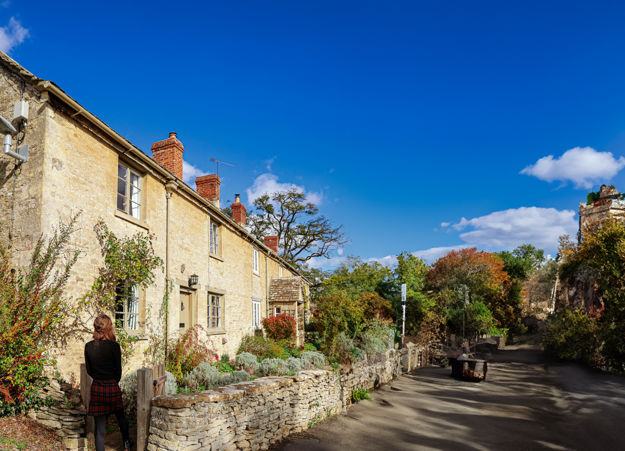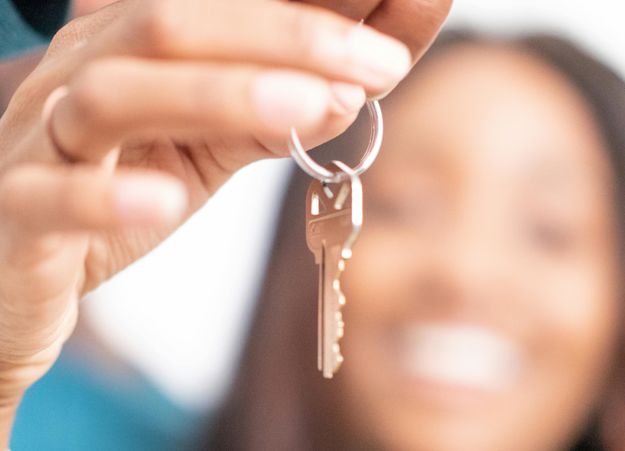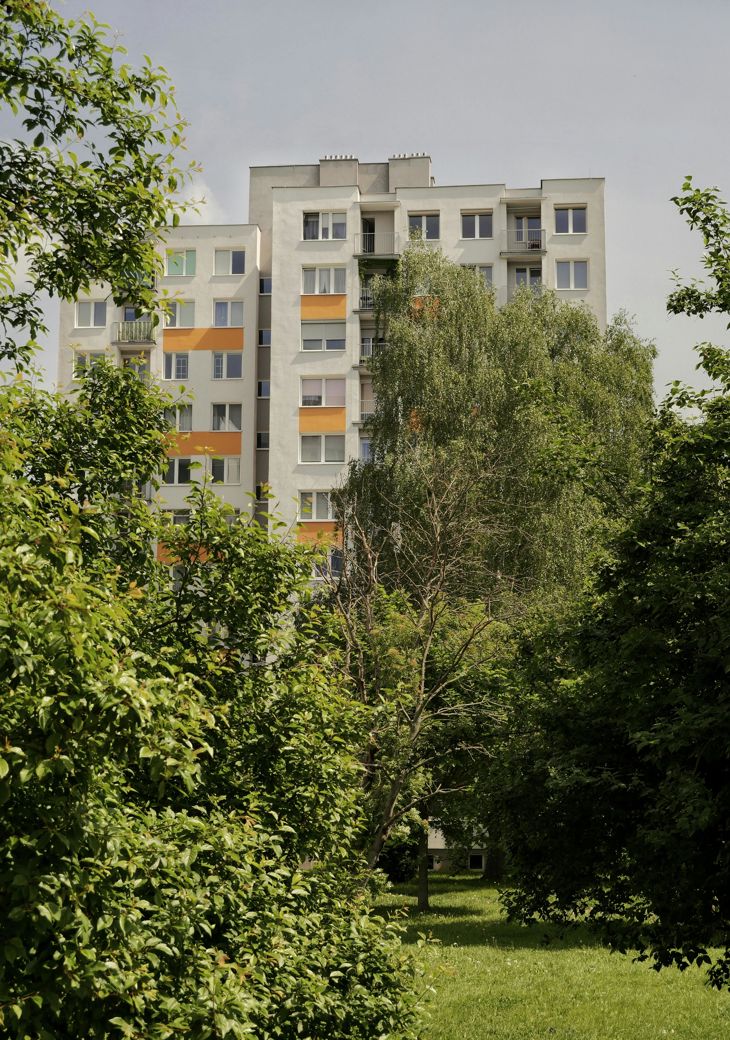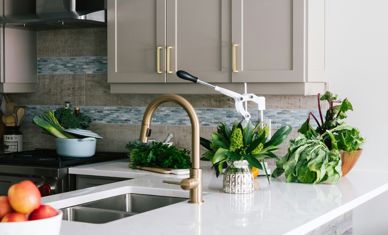By Jason Tubridy | Nuven Surveyors
Property ownership in England can be surprisingly complicated. You might spend a small fortune on a flat, only to discover you don’t actually own the building itself. Welcome to the world of freehold and leasehold.
As a general rule:
- Houses tend to be freehold
- Flats are usually leasehold
There are a few exceptions of course, like shared ownership or commonhold, but those are topics for another day. If the terms are confusing, you're not alone. Many people only realise the difference when they try to renovate or even repaint the front door, and suddenly need permission from someone they didn’t even realise had a say.
Let's break it down quickly.

The Freeholder: Legal Owner of the Land and Building
Being a freeholder is the closest you can get to full ownership under English property law. You own:
- The building
- The land it stands on
- The airspace above (though planning permission might block your dreams of a helipad)
You’re also responsible for maintaining the structure, including the roof, walls, and foundations. In the case of a block of flats, this often includes the communal spaces such as stairwells and corridors.
You also collect ground rent and service charges from leaseholders. It can seem like a sweet deal.
Think of it like owning the whole cake. You decide how it's made, what goes in it, and how it's shared. But if something goes wrong — like the icing starts sliding off (or the roof starts leaking) — it’s your job to sort it out.
You’re legally obligated to keep the property in good condition, which can mean working with multiple leaseholders. Getting everyone to agree on major works is rarely straightforward.
💡 Not sure what you're responsible for or how to manage repair costs?
Nuven Surveyors can provide independent building surveys and defect reports to help you stay on top of things.
The Leaseholder: Long-Term Resident with Some Limits
If you're a leaseholder, you’ve bought the right to live in the property for a specific period. This could be 99, 125 or even 999 years. But crucially, you don’t own the land it sits on, and you usually have to get permission to make big changes (rooftop hot tub unlikely).
The lease outlines:
- How long you have before the lease runs out
- What can and can’t do with the property (probably no pet llamas!)
- What you’ll need to pay, such as ground rent or service charges
- Any fees for requesting permission to make changes
To stick with the cake metaphor: you’ve got a generous slice and can enjoy it for a long time, but the recipe isn’t yours to change. Want to add your own topping? You’ll probably need permission.
When your lease drops below 85 years, the cost of extending it rises. In some cases, mortgage lenders may become hesitant to lend.
💡Worried about lease length or hidden defects in your flat? Our Level 2 and Level 3 RICS Building Surveys can uncover hidden issues before they become big, expensive problems, we recommend you book a survey with Nuven.
Leasehold Reform Is Coming:

In Summary 🍰
Freeholder: Owns the land and building. Responsible for structure and communal areas. Collects charges. Owns the whole cake.
Leaseholder: Owns the right to live in the property for a fixed term. Pays charges. Needs permission for major changes. Gets a slice of the cake.
Still unsure what you own or what condition your property’s really in? Whether you're buying, selling, or just need some peace of mind, Nuven Surveyors is here to help.
Explore our services or contact us for friendly, expert advice.
The government is working on leasehold reform. The Renters (Reform) Bill and other planned legislation aim to shake things up – with promises to:
- Making lease extensions easier and more affordable
- Removing ground rent from new leases
- Potentially phasing out leasehold entirely for most new homes
These changes could shift how properties are bought, sold and owned in future. While the details are still being finalised, it's a good idea to stay informed if you’re planning to buy, sell or extend a lease.
💡Need help understanding how these changes could impact you? Our valuation reports and expert guidance can support you through the process.



